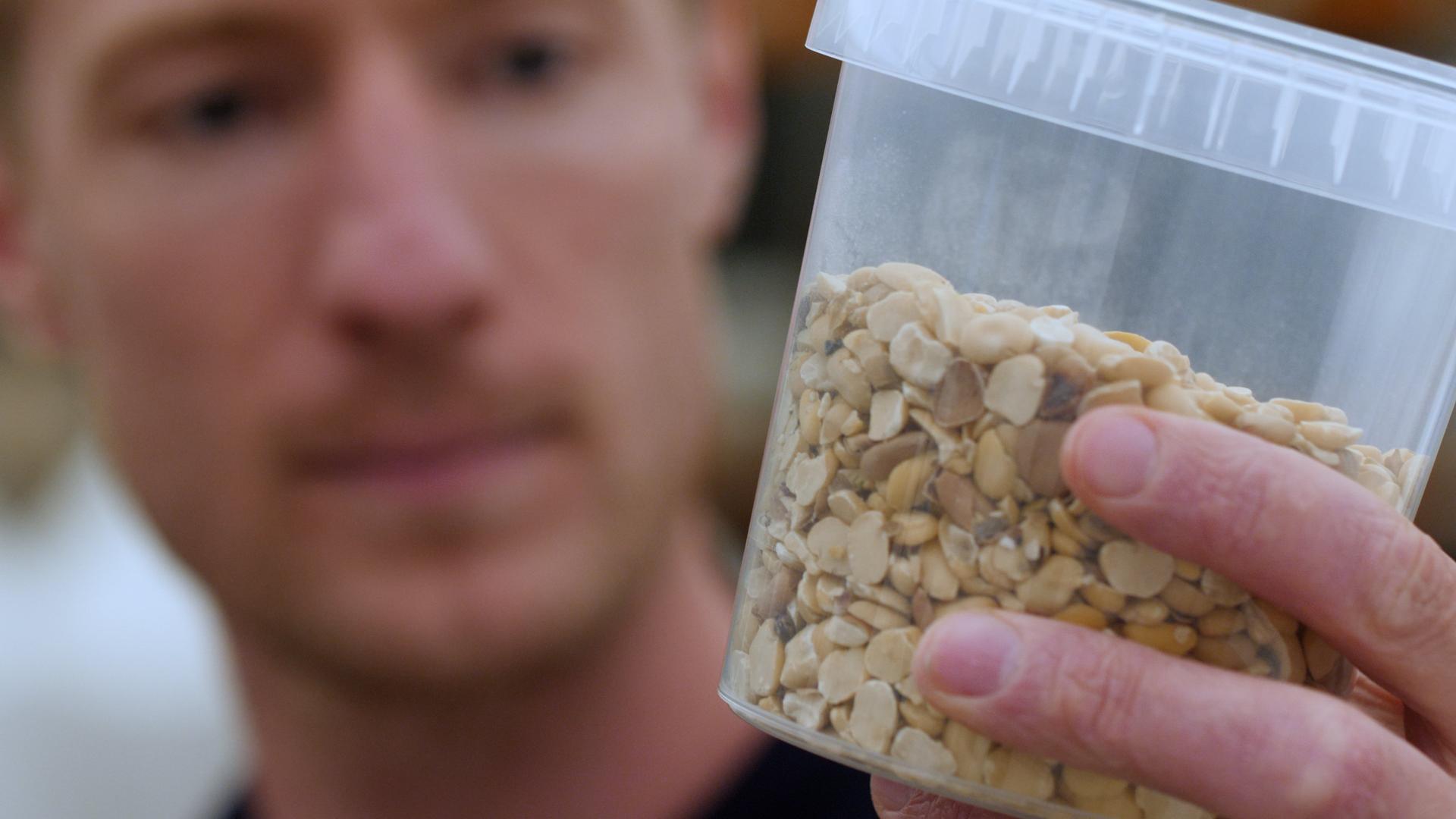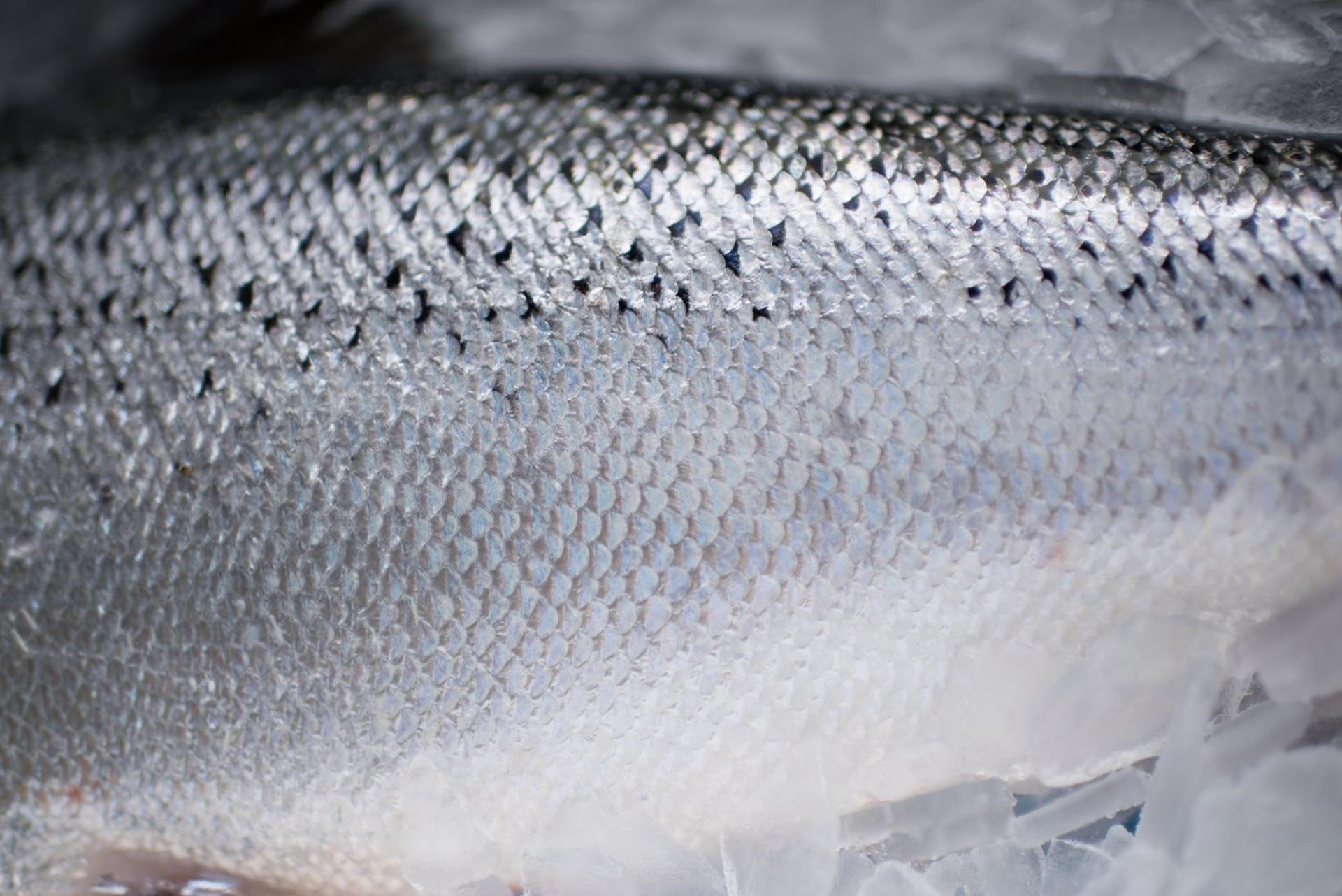Results
Stress Biomarkers
The handling events significantly increased stress biomarkers such as glucose, lactate, calcium in serum, and cortisol deposited in scales in regardless of feeding groups (Figure 1) confirming the fish had been suffering stress caused by the handling.
Feed Intake and Appetite Recovery
The Stressed-T group recovered their appetite more quickly after handling events compared to the Stressed-C group. This effect became more pronounced after the second handling event, indicating that the test diet helped mitigate the negative impact of stress on feeding behavior (Figure 2).
Growth Performance
The thermal growth coefficient (TGC) was significantly higher in the Stressed-T group during the entire stressed period, particularly after the third handling event. The final body weight of fish in the Stressed-T group was 11,3% higher than the Stressed-C group. This suggests that the test diet not only helped maintain growth during stress but also improved overall growth performance.
Fillet Quality and Pigmentation
The fish fed the test diet (Stressed-T) showed significantly better fillet quality with higher Salmofan scores, indicating improved pigmentation compared to the Stressed-C group (p<0.05). Additionally, there was less downgrading of fillets due to gaping and inelasticity in the Stressed-T group.









